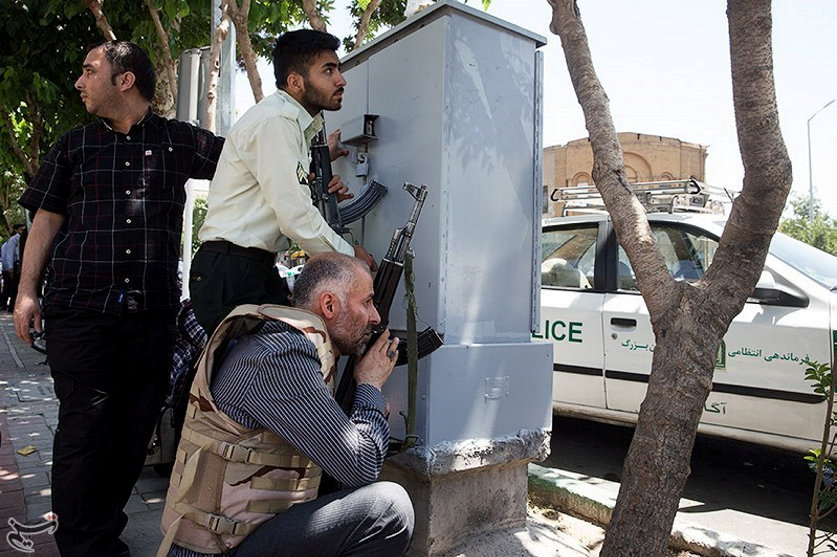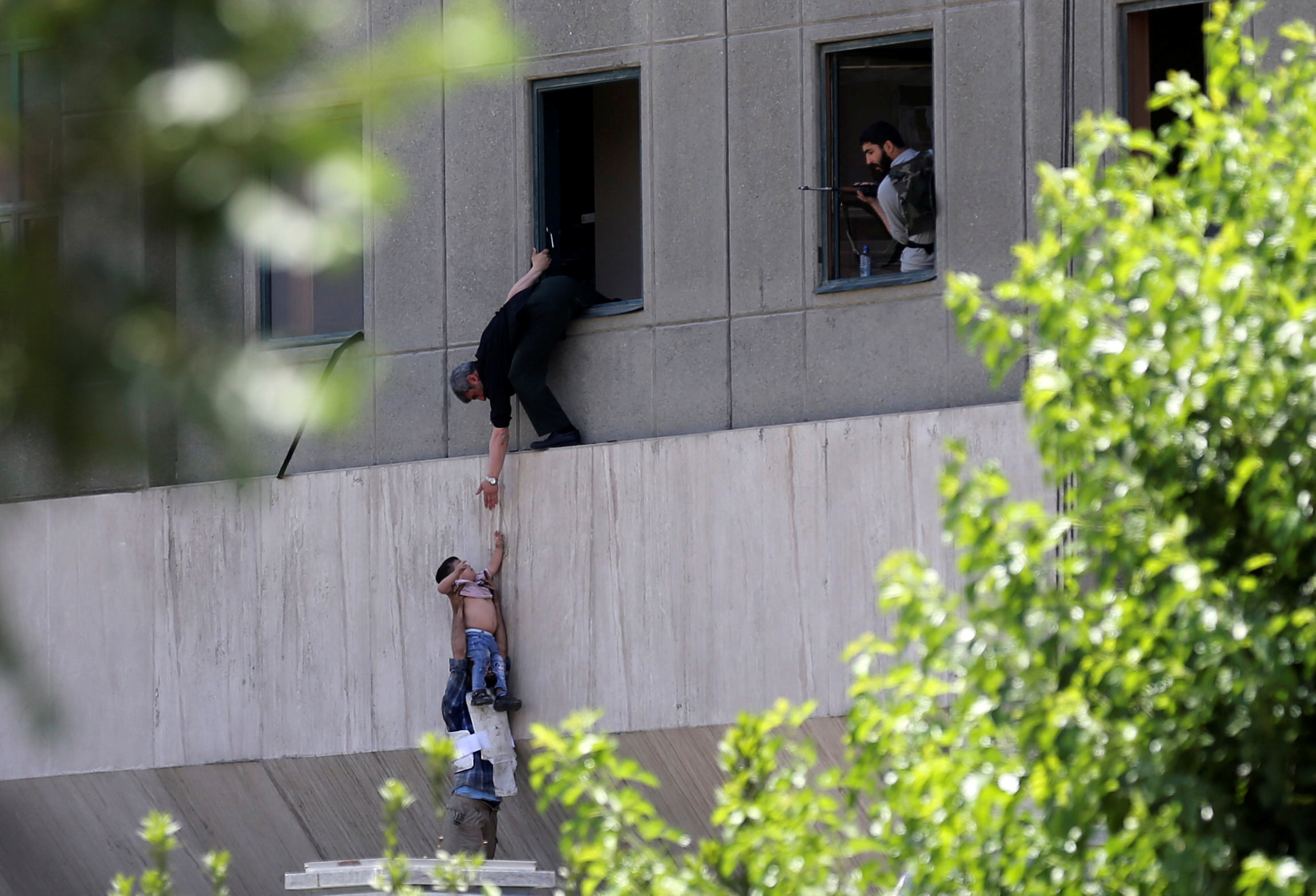
By Kylie MacLellan and Lina Saigol
LONDON (Reuters) – Fire engulfed a 24-floor housing block in central London in the early hours on Wednesday, killing at least six people and injuring at least 50 others in an inferno that trapped residents as they slept.
Flames raced through the high-rise Grenfell Tower block of apartments in the north Kensington area after taking hold around 1 a.m. and witnesses reported many residents desperately calling for help from windows of upper floors.
More than 200 firefighters, backed up by 40 fire engines, fought for hours to try to bring the blaze, one of the biggest seen in central London in recent years, under control.
In late morning, London police said six people had been killed and the death toll was likely to rise.
Fire-fighting crews still had to reach the top four floors of the building where several hundred people live in 130 apartments.
The cause of the fire was not immediately known.
The block had recently undergone an 8.7 million pound ($11.08 million) refurbishment of the exterior, which included new external cladding, replacement windows and curtain wall facades.
Plumes of black smoke billowed high into the air over the British capital for hours after the blaze broke out. Residents rushed to escape through smoke-filled corridors after being woken up by the smell of burning.
London Fire Brigade said the fire engulfed all floors from the second to the top of the 24-storey block. There were reports that some residents threw themselves out of windows to escape the flames.
“In my 29 years of being a fire fighter, I have never ever seen anything of this scale,” London Fire Brigade Commissioner Dany Cotton told reporters.

Firefighters carry gas cylinders near a tower block severly damaged by a serious fire, in north Kensington, West London, Britain June 14, 2017. REUTERS/Toby Melville
SAFETY QUESTIONS
London mayor Sadiq Khan said the fire raised questions over safety of high-rise blocks like Grenfell Tower. The BBC reported that a political deal between the government of Prime Minister Theresa May and a small Northern Irish party could be delayed because of the aftermath of the fire.
More than 10 hours after the fire broke out London fire brigade said it was still working to bring the fire under control, though the building was not in danger of collapse.
Firefighters rescued large numbers of people from the 43-year-old block, a low rent housing estate which rubs alongside up-scale parts of the Kensington area and highlights the disparities of wealth in the British capital.
London Ambulance Service said more than 50 people had been taken to hospital. A witness told Reuters she feared not all the residents had escaped the fire. Some were evacuated in their pyjamas.
“I looked through the spy hole and I could see smoke everywhere and the neighbors are all there. There’s a fireman shouting ‘get down the stairs’,” one of the block’s residents, Michael Paramasivan, told BBC radio. “It was an inferno.”
“As we went past the fourth floor it was completely thick black smoke. As we’ve gone outside I’m looking up at the block and it was just going up. It was like pyrotechnics. It was just unbelievable how quick it was burning.”
“There was bits of building falling off all around me, I scalded my shin on a hot piece of metal that had fallen off the building,” said Jodie Martin, who lives close to the building and sought to save people from the fire.
“I was just screaming at people: ‘Get out, get out’ and they were screaming back at me: ‘We can’t, the corridors are full of smoke’,” he told BBC Radio.

Smoke billows as firefighters deal with a serious fire in a tower block at Latimer Road in West London, Britain June 14, 2017. REUTERS/Toby Melville
RESIDENTS’ CONCERN
Local residents said they had warned repeatedly over fire safety in the block.
London’s mayor Khan said questions needed to be answered over the safety of tower blocks after some residents said they had been advised they should stay in their flats in the event of a fire.
A local residents association had previously warned it was worried about the risk of a serious fire in the block.
“These questions are really important questions that need to be answered,” Khan said.
“What we can’t have is a situation where people’s safety is put at risk because of bad advice being given or if it is the case, as has been alleged, of tower blocks not being properly serviced or maintained.”
Ash Sha, 30, who witnessed the fire and has an aunt in the building who managed to escape from the second floor, said the local council had recently renovated the tower.
“They cladded the outside and insulated the inside,” Sha said. “The insulated material is very similar to sponge so it crumbles in your hand. This was just done to tart it up and match the nearby building.”
The local council of Kensington and Chelsea, which owns the block, said it was focusing on supporting the rescue and relief operation. It said the causes of the fire would be fully investigated.
Police closed the A40, a major road leading out of west London, while some parts of London’s underground train network were closed as a precaution.
(Additional reporting by Toby Melville, Neil Hall, Subrat Patnaik, Alistair Smout and Costas Pitas; Writing by Guy Faulconbridge; Editing by Richard Balmforth)














